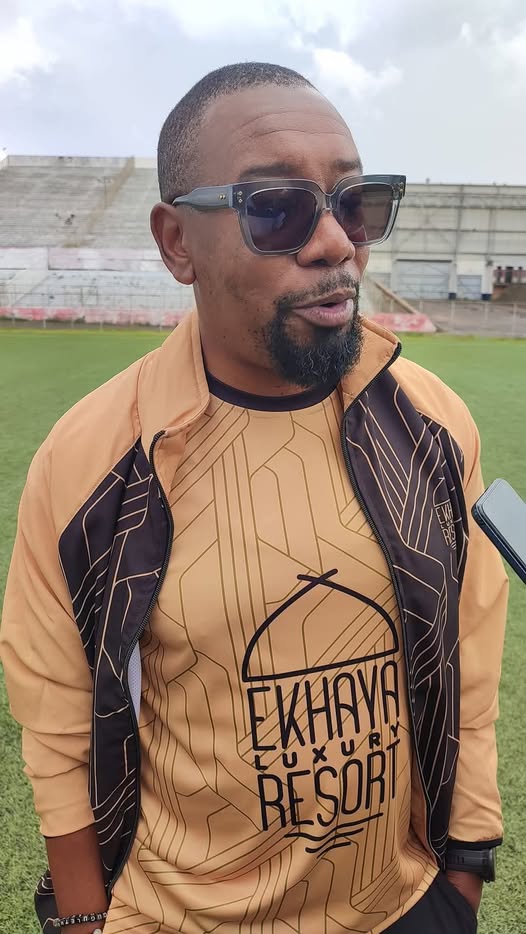The promotion of Ekhaya Football Club to the TNM Super League has intensified discussions about potential conflicts of interest, given the intertwined ownership with Mighty Mukuru Wanderers.
However, soccer followers and pundits have raised concerns on the silence from Malawi’s football governing body Football Association of Malawi (FAM) for its silence on this serious football disgrace which threatens to throw the local game into a scandal.
Business mogul Thomson Mpinganjira serves as the president of Wanderers, while his son, William Mpinganjira, chairs Ekhaya FC. Both have significant stakes in their respective clubs and the two clubs have received support from the Mpinganjira family’s Ekhaya brand.
This dual involvement raises questions about adherence to both FAM and FIFA regulations designed to maintain the integrity of the sport.
FAM’s club licensing regulations explicitly prohibit multiple ownership or sponsorship of Super League clubs to maintain the integrity of competitions. However, the enforcement of these rules has been inconsistent, allowing certain clubs to navigate these regulations without facing sanctions.
In response to these concerns, Thomson Mpinganjira has reassured stakeholders of his unwavering commitment to Mighty Mukuru Wanderers, even as Ekhaya FC ascends to the Super League. He emphasized that his support for Wanderers remains steadfast, aiming to alleviate fears that his focus might shift to Ekhaya FC.
He also denied that Wanderers does get support from Ekhaya Holdings.
FIFA’s regulations emphasize that no individual or entity should exert control or undue influence over multiple clubs participating in the same competition.
This is to prevent conflicts of interest that could compromise match integrity. The rules extend to both direct and indirect control mechanisms, requiring independent governance structures for each club to avoid shared decision-making that might affect fair play.
The issue of multi-club ownership is not unique to Malawi. Globally, several instances have prompted scrutiny and regulatory action.
In 2024, Costa Rican club Liga Deportiva Alajuelense filed a legal complaint against FIFA for allowing two Mexican clubs, Club León and Club de Fútbol Pachuca—both owned by the same entity—to participate in the Club World Cup.
Alajuelense argued this violated FIFA’s Article 10.1, which prohibits clubs under the same ownership from competing in the same tournament.

UEFA has also been proactive in addressing multi-club ownership to preserve competition integrity.
The organization has implemented rules to prevent individuals or entities from having control over multiple clubs that might qualify for the same European competitions. This approach aims to eliminate any potential for conflicts of interest or match-fixing scenarios.
Despite the growing concerns which started soon after Ekhaya FC emerged champions in their lower leagues, FAM has remained silent on the matter. This has left the football community lacking an official guidance of the matter amidst a number of speculations.
“It is surprising that FAM is not coming out. We never know, probably it is money talking,” said a football enthusiast in subtle reference to Mpinganjira’s wealth being the owner of both FDH Bank and Ekhaya Holdings.
Mpinganjira’s son in the Chief Executive Officer of FDH Bank while the team he chairs and owns is sponsored under the Ekhaya Holdings brand. It is also believed that the Ekhaya brand also sponsor Mighty Mukuru Wanderers.
The situation underscores the pressing need for FAM to address potential conflicts of interest proactively. Clear and consistent enforcement of ownership regulations is essential to uphold the integrity of Malawian football and to prevent scenarios that could compromise fair competition.




